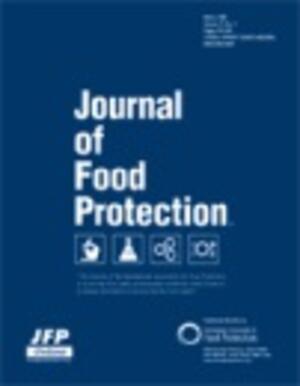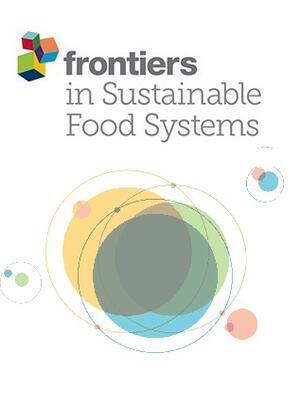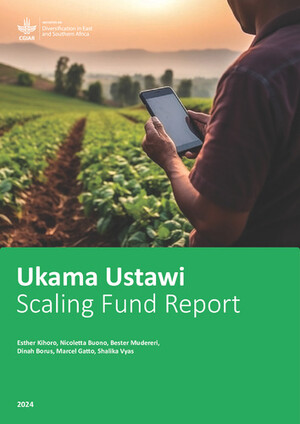
A multi-vocal review: Characterization of food safety trainings across LMICs and influence on intervention efficacy
Abstract
OBJECTIVES: Food Safety Education can improve hygiene practices in wet markets, and hence help reduce
foodborne disease burden. A variety of training techniques have been reported in LMICs in the past
decade. This study aimed to identify associations between reported efficacy of a training intervention
and training design, including materials used, to identify the most effective and sustainable training
strategies.
MATERIALS & METHODS : A systematic approach was taken to search relevant academic and grey literature including NGO
reports. Authors of selected studies were requested to provide access to educational materials
used. Data on intervention design, content covered, trainers and outcome of the intervention were
extracted and analysed for associations.
RESULTS: A total of 23 authors provided access to the educational materials (out of 48 contacted). Most
training charts and booklets contained a combination of images and texts. All materials had a
satisfactory image-to-text ratio of ≥0.02. The readability of training material ranged from ‘fairly easy’
to read to ‘fairly difficult’ to read. Efficacy assessment in more than 80% of the studies was solely
based on KAP parameters as opposed to biological or clinical findings. The interval between the
training and assessment of efficacy was highly variable, which presented a challenge in determining
the comparable efficacy of interventions.
CONCLUSION: Recent food safety educational interventions have been developed for application in highly variable
contexts and generally tailored to the intended audience. A guiding framework for efficacy and
sustainability assessment of trainings conducted in informal markets would help identify best
practices and understand how these vary with geographies, culture and digital literacy.
Citation
Pal, H., Bettridge, J., Mutua, F. and Grace, D. 2022. A multi-vocal review: Characterization of food safety trainings across LMICs and influence on intervention efficacy. Poster presented at the 16th International Symposium of Veterinary Epidemiology and Economics, Halifax, Canada, 8 August 2022. Kent, UK: University of Greenwich.








